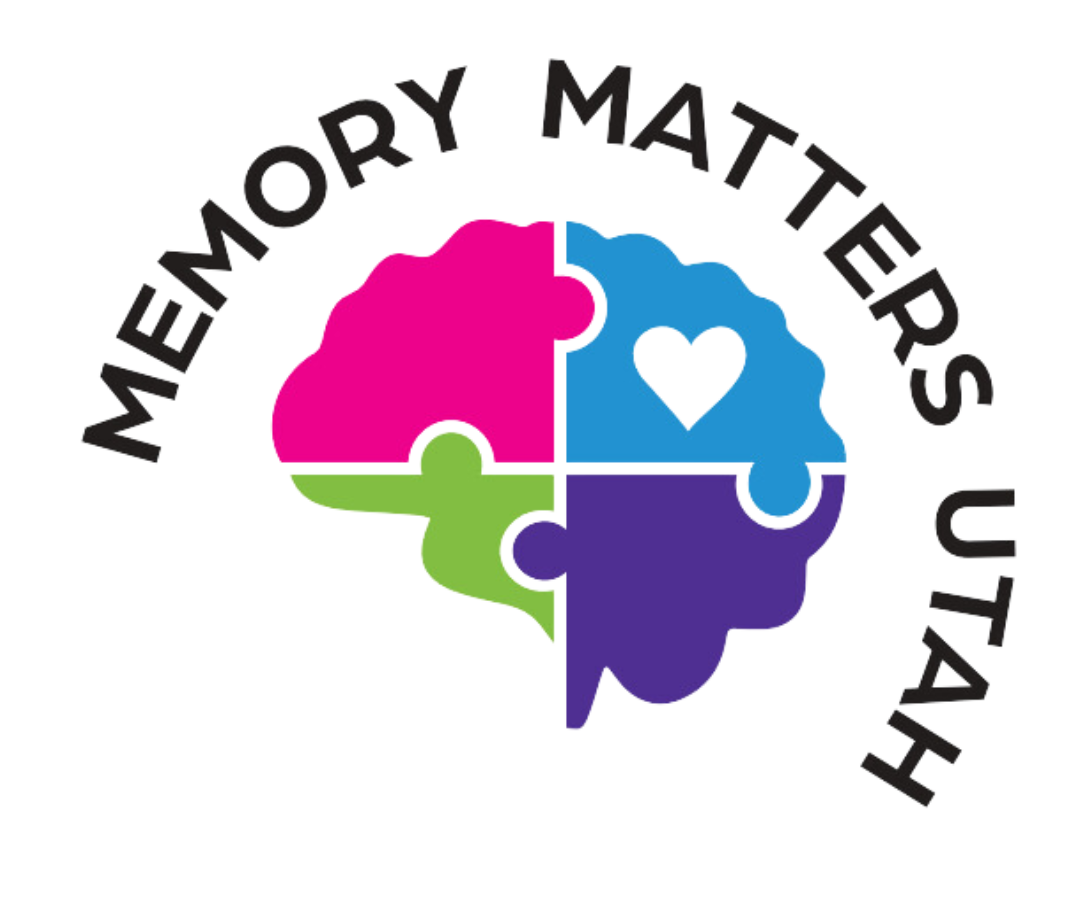Our findings suggest that the burden of dementia attributable to alcohol use disorders is much larger than previously thought, suggesting that heavy drinking should be recognized as a major risk factor for all types of dementia.” — Lead study author Dr. Michaël Schwarzinger
A recent study scrutinized the relationship between alcohol and dementia. The researchers found that alcohol use disorders are a major risk factor for all types of dementia. Dementia is characterized by steady cognitive decline and affects 5–7 percent of those over 60. This makes it a leading cause of disability.
Though there are a number of dementia types — including Alzheimer’s disease, which is the most common form — progressive damage to the brain features in all of them. However, the cause of this damage can vary.
Certain risk factors — such as aging, smoking, and depression — are already known, but the role of alcohol has proven more difficult to pin down. Perhaps counter intuitively, some studies have concluded that light drinking may have a protective effect against dementia. Conversely, moderate alcohol use appears to have a detrimental impact on brain structure and may therefore increase dementia risk.
Heavy Drinking and Dementia
However, heavy drinking is more robustly linked to an increased risk of dementia. This appears to be for a number of reasons.
Firstly, when alcohol is broken down in the body, it produces acetaldehyde, which is toxic to brain cells. Heavy drinking can also lead to thiamine deficiency and, eventually, Wernicke-Korsakoff syndrome, which negatively impacts brain function.
Alcohol misuse is associated with other factors that can influence brain function, such as epilepsy and head injuries. On top of this, alcohol consumption raises the risk of vascular dementia due to its effect on the vascular system as a whole — for instance, it increases blood pressure.
Although the above factors adequately explain why alcohol abuse and dementia may be linked, the exact size and scale of the issue is not clear.
Because heavy drinking often comes hand-in-hand with other dementia risk factors — including smoking, depression, and low education levels — cause and effect are difficult to tease apart.
Recently, researchers from the Translational Health Economics Network in Paris, France, set out to investigate the relationship between alcohol use disorders and early-onset dementia (that which develops before the age of 65). Their results are published in The Lancet Public Health.
Dementia Data Dissected
The scientists drew information from the French National Hospital Discharge database, which holds data about hospital admissions — including information about the patients’ demographics, why they were admitted, and what types of treatment they received during their stay.
Included in the researchers’ analysis were all those over 20 years old who lived in France and were “discharged with alcohol-related brain damage” or any other type of dementia between 2008 and 2013. This amounted to more than 1 million people. Of these, 1 in 20 were early-onset dementia cases.
Across the same time period, there were almost 1 million people diagnosed with alcohol use disorders, most of whom had an alcohol dependency diagnosis, too. According to the study authors, alcohol use disorder was “defined by the chronic harmful use of alcohol or alcohol dependence.”
Of the dementia cases, around 3 percent were directly attributed to alcohol. But when the team looked at only the early-onset dementia cases, the percentage was much higher.
In fact, almost 40 percent of early-onset dementia cases were attributable to alcohol-related brain damage, and 18 percent had “other alcohol use disorders.”
Alcohol Plays A Large Role In Dementia
Even when looking at all types of dementia, alcohol appeared to play a larger part than previously thought. Overall, alcohol use disorders were associated with a threefold increase in the risk of all types of dementia. And importantly, they were found to be the most significant modifiable risk factor for dementia.
When alcohol-related brain damage was excluded, alcohol use disorders still doubled the risk of vascular and other dementias. Even when adjusting the data for confounding variables, the link remained significant.
As mentioned earlier, heavy drinking comes with a constellation of factors that increase dementia risks. In this study, that was confirmed: alcohol use disorders were associated with smoking, depression, lower education, diabetes, and hypertension.
What’s Next?
These findings are worrying, but Dr. Schwarzinger offers some actionable advice to help alleviate this widespread issue.
“A variety of measures are needed,” he says, “such as reducing availability, increasing taxation, and banning advertising and marketing of alcohol, alongside early detection and treatment of alcohol use disorders.”
Although there will need to be follow-up investigations, the authors believe that their findings might have underestimated the size of the effect; alcohol use disorders have a certain stigma attached, and often, only those with the most serious cases are hospitalized and reported.
The study paper is accompanied by a comment by Prof. Clive Ballard, from the University of Exeter Medical School in the United Kingdom. He is also keen to see action.
“Their study,” he says, “is immensely important and highlights the potential of alcohol use disorders, and possibly alcohol consumption, as modifiable risk factors for dementia prevention […]. In our view, this evidence is robust, and we should move forward with clear public health messages.”
Alcohol use disorders have long been known to carry a long list of health issues. It seems that dementia should now be pushed higher up that list.
Memory Matters is a 501(C)(3) non-profit organization providing services in southern Utah and Mesquite, Nevada. If you would like more information about Memory Matters programs and services call us at: 435-319-0407 or email us at memorymattersutah@gmail.com

